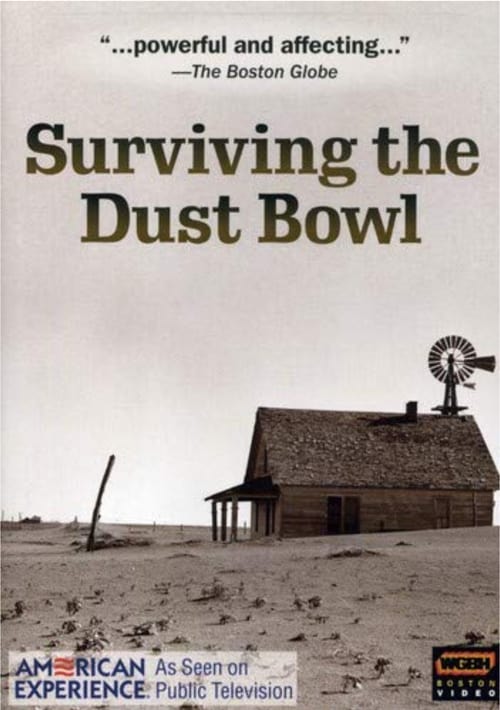Surviving the Dust Bowl (1998)
Gênero : Documentário
Runtime : 55M
Director : Chana Gazit
Sinopse
In 1931 the rains stopped and the "black blizzards" began. Powerful dust storms carrying millions of tons of stinging, blinding black dirt swept across the Southern Plains--the panhandles of Texas and Oklahoma, western Kansas, and the eastern portions of Colorado and New Mexico. Topsoil that had taken a thousand years per inch to build suddenly blew away in only minutes. One journalist traveling through the devastated region dubbed it the "Dust Bowl." This American Experience film presents the remarkable story of the determined people who clung to their homes and way of life, enduring drought, dust, disease--even death--for nearly a decade. Less well-known than those who sought refuge in California, typified by the Joad family in John Steinbeck's "The Grapes of Wrath," the Dust Bowlers who stayed overcame an almost unbelievable series of calamities and disasters.

Filmado ao longo de cinco anos em Kansas City, este documentário segue quatro crianças transexuais - começando com as idades de 4, 7, 12 e 15 - enquanto redefinem a “maioridade”. Essas crianças e suas famílias nos mostram as realidades íntimas de como o gênero está remodelando a família ao lado, em uma crônica única e sem precedentes sobre o crescimento de um transgênero no interior do país.

Discover the fascinating story of Elizebeth Smith Friedman, the groundbreaking cryptanalyst who helped bring down gangsters and break up a Nazi spy ring in South America. Her work helped lay the foundation for modern codebreaking today.

A documentary that explores the range of experiences lived by transgender Americans.

In 1913 Congress created the Federal Reserve to bring financial stability to the nation after a number of banking panics, with a mix of regional banks and a central bank board. Congressmen Robert L. Owen and Carter Glass helped pass the Federal Reserve Act with the help of compromises led by President Woodrow Wilson. The Federal Reserve Bank of Kansas City was begun in 1914, led by Jo Zach Miller, Jr., along with local bankers such as William T. Kemper. With the bank rapidly growing, about 1920 a new 21 story building was built at 9th and Grand that at one time held the offices of the Bureau of Investigation and President Harry S. Truman.
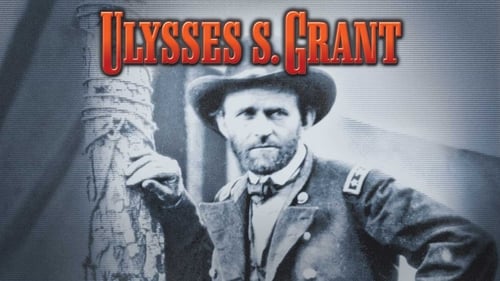
As a general, he had fought to preserve the Union. As president, he helped to oversee the transformation from union to nation. As a former president, he was the embodiment of the very idea of national union, and of America's entry onto the world stage. As a dying general, he was the symbol of the nation's greatest and most traumatic war. The story of Ulysses S. Grant's life, from his first days on the Ohio frontier to his last days out-writing death in the Adirondacks, is an endlessly fascinating one. Few public figures have ever held a such a firm grip on the American popular imagination. Grant was a man whose rise from obscurity made him a hero to millions who could see themselves in him. An ordinary man who faced and met extraordinary challenges, his successes and failures seemed to encapsulate the national character. He was so popular with the American public that, despite his two scandal-ridden terms as president, he was nearly nominated to run for a third term.
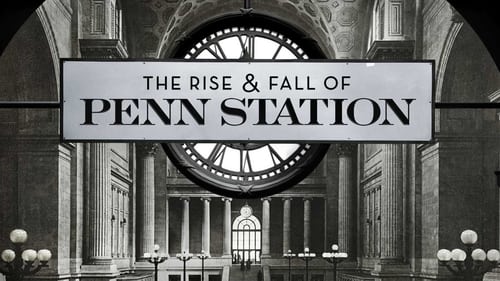
In 1910, the Pennsylvania Railroad successfully accomplished the enormous engineering feat of building tunnels under New York City's Hudson and East Rivers, connecting the railroad to New York and New England, knitting together the entire eastern half of the United States. The tunnels terminated in what was one of the greatest architectural achievements of its time, Pennsylvania Station. Penn Station covered nearly eight acres, extended two city blocks, and housed one of the largest public spaces in the world. But just 53 years after the station’s opening, the monumental building that was supposed to last forever, to herald and represent the American Empire, was slated to be destroyed.
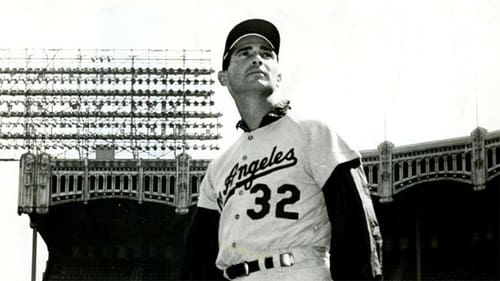
Actor Dustin Hoffman narrates this decade-spanning documentary that highlights the contributions of Jewish Americans to the most American sport of them all: baseball. Highlights include a rare interview with legendary pitcher Sandy Koufax.

In a 2012 joint investigation by FRONTLINE and the Center for Public Integrity, correspondent Miles O’Brien uncovers the shocking consequences of a broken dental care system. Poor children, entitled by law to dental care, often cannot find a dentist willing to see them. Others kids receive excessive care billed to Medicaid, or major surgery for preventable tooth infections. For adults with dental disease, the situation can be just as dire and bankrupting. While millions of Americans use emergency rooms for dental care, corporate dental chains are filling the gaps in care, and in some cases have allegedly overcharged patients or loaded them with high priced credit card debt.

Rob Williams was an African-American living in Monroe, North Carolina in the 1950s and 1960s. Living with injustice and oppression, many African-Americans advocated a non-violent resistance. Williams took a different tack, urging the oppressed to take up arms. Williams was stripped of his rank as leader of the local NAACP chapter, but he continued to encourage local African-Americans to carry weapons as a means of self-defense. Wanted on a kidnapping charge, Williams and his wife fled to Cuba. His radio show Radio Free Dixie could be heard in some parts of the United States.
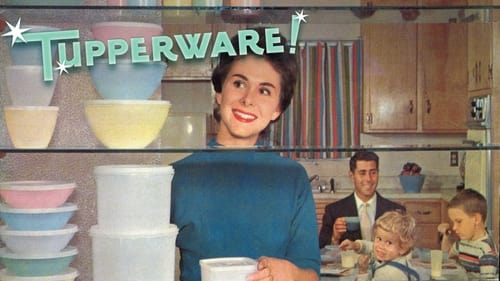
The remarkable story of Earl Silas Tupper, an ambitious but reclusive small-town inventor, and Brownie Wise, the self-taught sales-woman who built him an empire out of bowls that burped. Brownie was an intuitive marketing genius who trained a small army of Tupperware Ladies to put on Tupperware parties in living rooms across America in the 1950s. She rewarded her sales force with minks and modern appliances at extravagant annual jubilees which the company filmed. her saleswomen earned thousands, even millions, selling Tupperware. And the experience changed their lives.

In the mid 1800s, New York City was one of the most crowded places on earth. The congested streets and pokey transportation system were a source of constant complaint. On March 24, 1900, ground was broken for the Big Apple's subway; the Interborough Rapid Transit Line opened four years later, running more than 26 miles of underground track at the speed of 35 miles per hour. Soon thousands in the city were "doing the subway."

In 1988, after two terms in office, Ronald Reagan left the White House one of the most popular presidents of the twentieth century -- and one of the most controversial. A failed actor, Reagan became a passionate ideologue who preached a simple gospel of lower taxes, less government, and anti-communism.
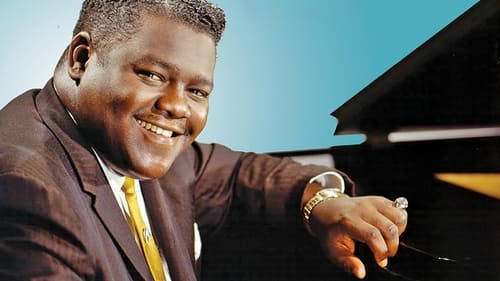
One of the most popular rockers of the 1950s and early 60s, Fats Domino and his record sales were rivaled then only by Elvis Presley. With his boogie-woogie piano playing rooted in blues, rhythm & blues, and jazz, he became one of the inventors, along with Presley, Chuck Berry, Jerry Lee Lewis and Little Richard, of rock ‘n’ roll, a revolutionary genre that united young black and white audiences.
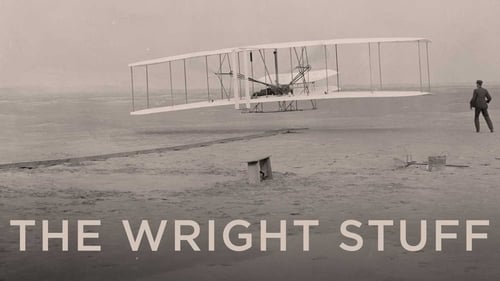
On August 8, 1908, at a racetrack outside Paris, Wilbur Wright executed what was, for him, a routine flight: a smooth take-off banking into a couple of tight circles, ending in a perfect landing. The flight took less than two minutes, but it left spectators awestruck. While the combined talents of Wilbur and Orville Wright had produced the first plane capable of controlled flight , their distrust of others had almost cost them the credit for their invention. Now, having proved to the public that they had mastered the sky, the reserved brothers from the small town of Dayton, Ohio, became world celebrities.

As a general, he had fought to preserve the Union. As president, he helped to oversee the transformation from union to nation. As a former president, he was the embodiment of the very idea of national union, and of America's entry onto the world stage. As a dying general, he was the symbol of the nation's greatest and most traumatic war. The story of Ulysses S. Grant's life, from his first days on the Ohio frontier to his last days out-writing death in the Adirondacks, is an endlessly fascinating one. Few public figures have ever held a such a firm grip on the American popular imagination. Grant was a man whose rise from obscurity made him a hero to millions who could see themselves in him. An ordinary man who faced and met extraordinary challenges, his successes and failures seemed to encapsulate the national character. He was so popular with the American public that, despite his two scandal-ridden terms as president, he was nearly nominated to run for a third term.

Every great cook secretly believes in the power of food. Alice Waters just believes this more than anybody else. She is certain that we are what we eat, and she has made it her mission in life to make sure that people eat beautifully. Waters is creating a food revolution, even if she has to do it one meal at a time.

In 1931 the rains stopped and the "black blizzards" began. Powerful dust storms carrying millions of tons of stinging, blinding black dirt swept across the Southern Plains--the panhandles of Texas and Oklahoma, western Kansas, and the eastern portions of Colorado and New Mexico. Topsoil that had taken a thousand years per inch to build suddenly blew away in only minutes. One journalist traveling through the devastated region dubbed it the "Dust Bowl." This American Experience film presents the remarkable story of the determined people who clung to their homes and way of life, enduring drought, dust, disease--even death--for nearly a decade. Less well-known than those who sought refuge in California, typified by the Joad family in John Steinbeck's "The Grapes of Wrath," the Dust Bowlers who stayed overcame an almost unbelievable series of calamities and disasters.

The growth of the tech industry in the Bay Area is a hot button issue right now. Let Julie Armstrong, host of "In Your Own Backyard," show you how some citizens are taking the local tech growth into their own hands.

Samsara se apresenta como uma meditação guiada não-verbal que trasformará os espectadores em todos os países do mundo conforme eles são carregados através da jornada da alma. Com poderosas imagens fotografadas cuidadosamente em 70mm e uma trilha sonora dinâmica, o filme ilumina as conexões entre a humanidade e o resto da natureza, mostrando como nossos ciclos de vida espelham o ritmo do planeta.

Este documentário nos leva para dentro do mundo do Anonymous, o grupo de hackers radicais que se tornou símbolo da desobediência civil na era digital.
